Boosting Productivity: CSIR-CRI Provides Seed Growers with Improved Foundation Seeds
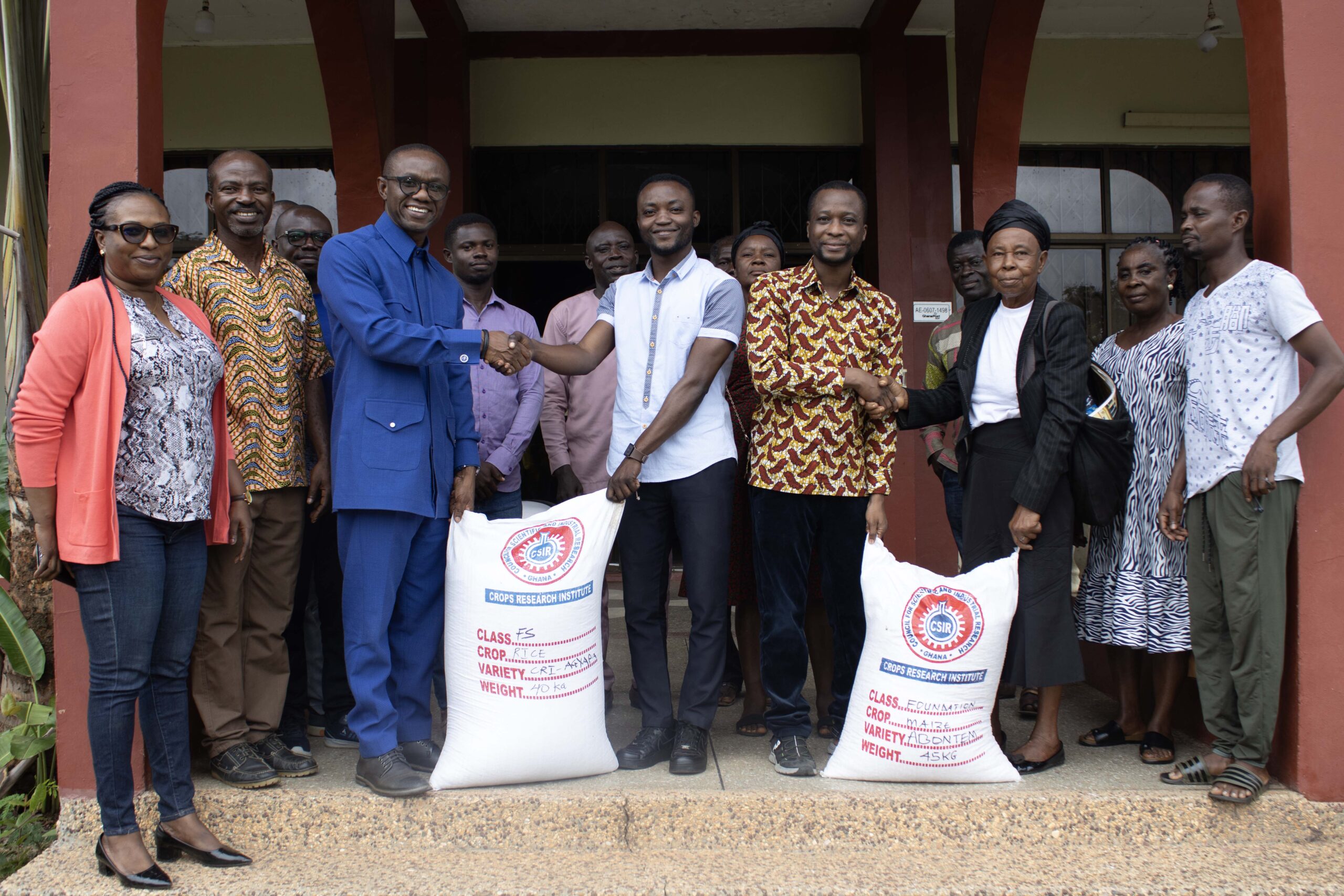
The CSIR– Crops Research Institute (CSIR-CRI) has reaffirmed its leadership in agricultural innovation by supplying foundation seeds of rice and maize to seed growers in the Ashanti region of Ghana. The exercise is part of the Institute’s mandate to ensure that farmers have access to improved crop varieties that guarantee higher yields and greater resilience to climate and pest pressures.
With support from the Comprehensive Africa Agriculture Development Program (CAADP XP4), 45 kg sacks of foundation seeds of the Institute’s improved rice and maize varieties such as CRI-Agyapa, AGRA Rice, CRI-Abontem and CRI-Honampa were donated to seed growers drawn from various parts of the Ashanti region. The CCADP-XP4 project is a CORAF-sponsored programme which seeks to enable agricultural research and innovation, including extension services, to contribute effectively to food and nutrition security; economic development and climate mitigation in Africa.
Foundation seeds are the backbone of the seed production system. They are pure, carefully maintained seed stocks that seed growers multiply to produce certified seeds for farmers. By supplying these to growers, CSIR-CRI is directly strengthening the seed value chain and contributing to Ghana’s agricultural transformation.
Boosting Ghana’s Seed Industry
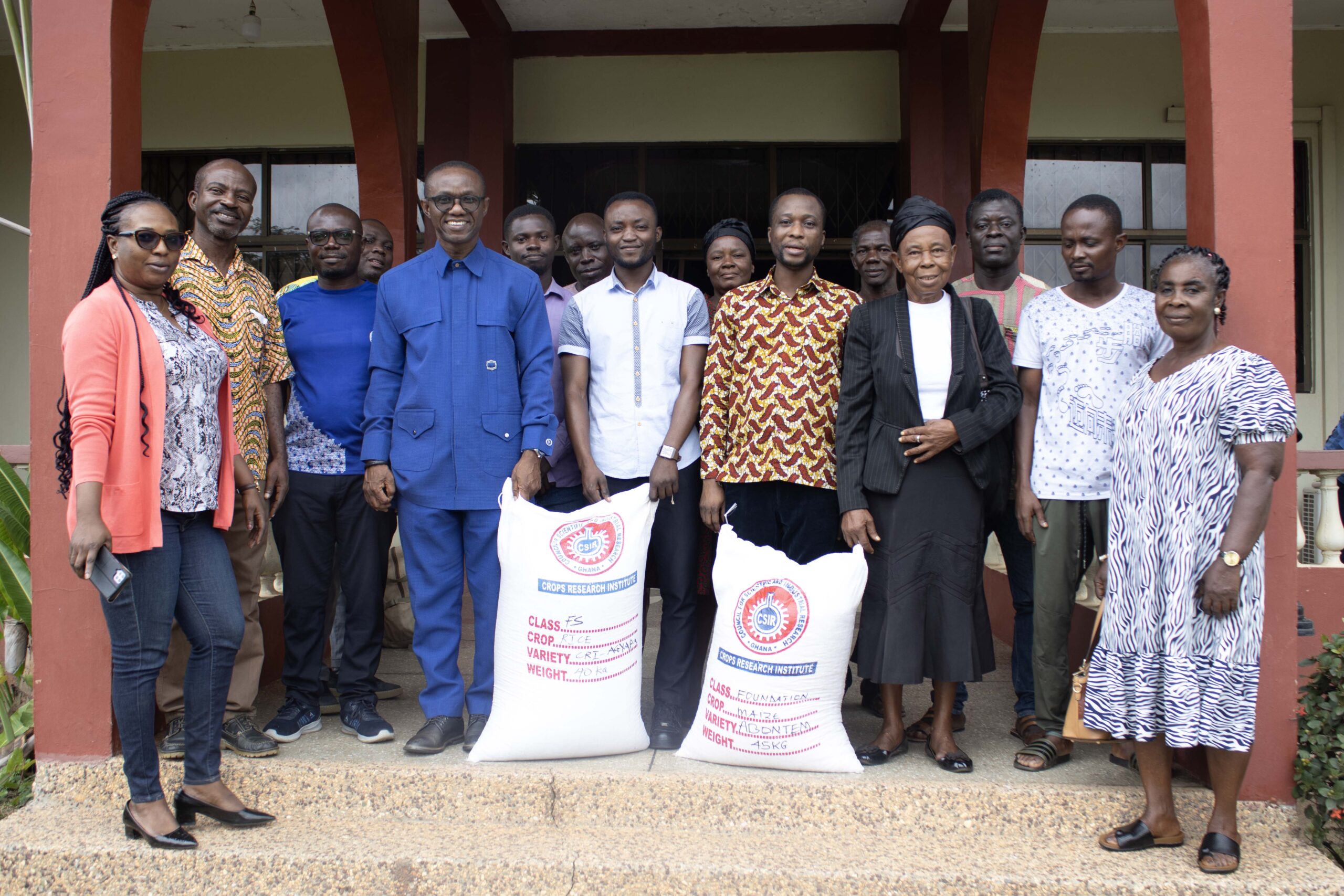
The foundation seeds supplied include improved varieties of maize and rice. These crops are critical for food security, nutrition, and income generation in Ghana. Varieties developed by CSIR-CRI are well-known for their high yield potential, shorter maturity periods, and adaptability to diverse agro-ecological zones.
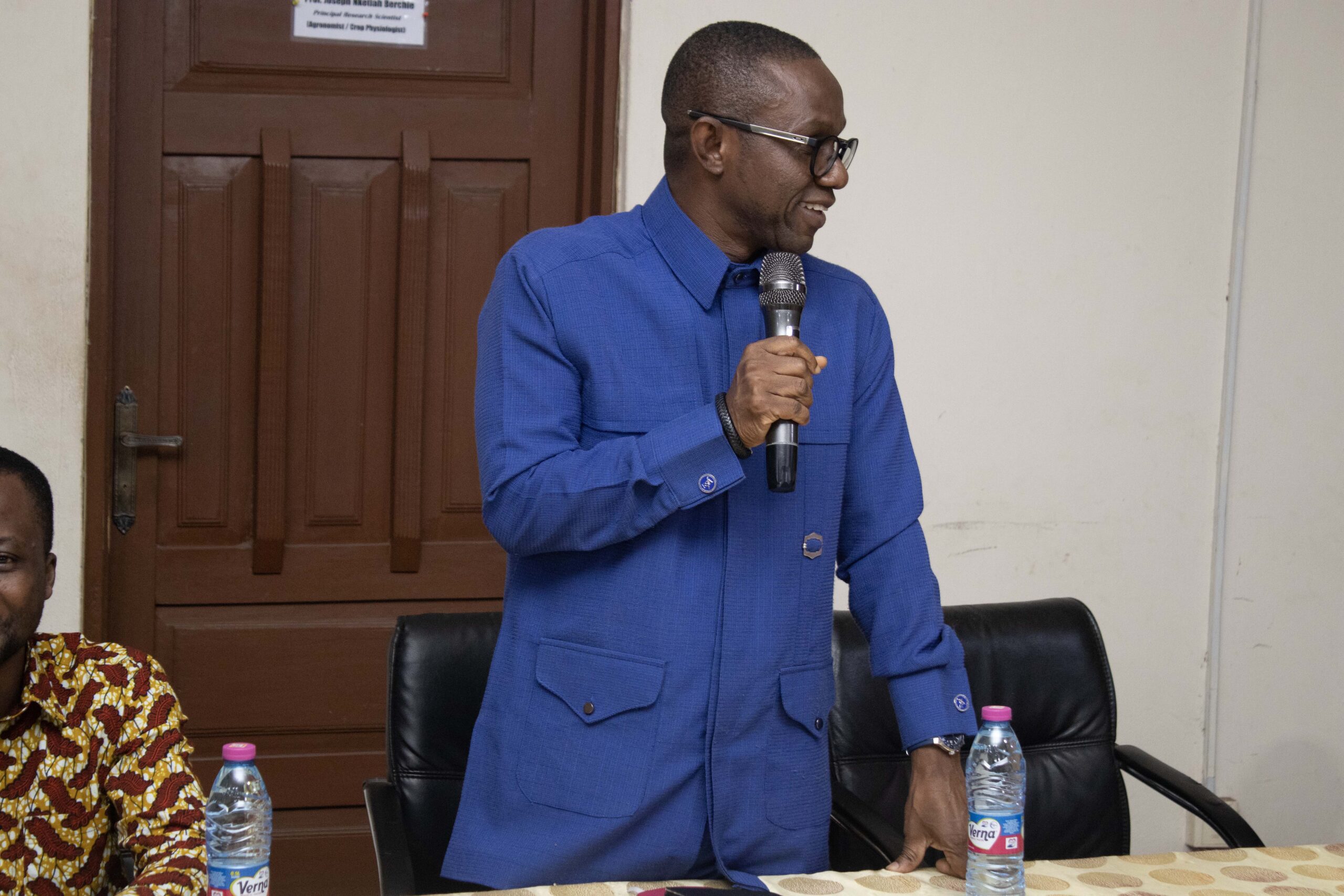
Speaking during the handover, Prof. Maxwell Darko Asante, Director of CSIR-CRI, highlighted the central role of seed quality in improving farm productivity:“Every farming season begins with the seed. If the seed is of poor quality, the harvest will be poor. By providing seed growers with high-quality foundation seeds, CSIR-CRI is ensuring that farmers across Ghana have access to improved planting materials that will transform their productivity and incomes”, said Prof. Asante.
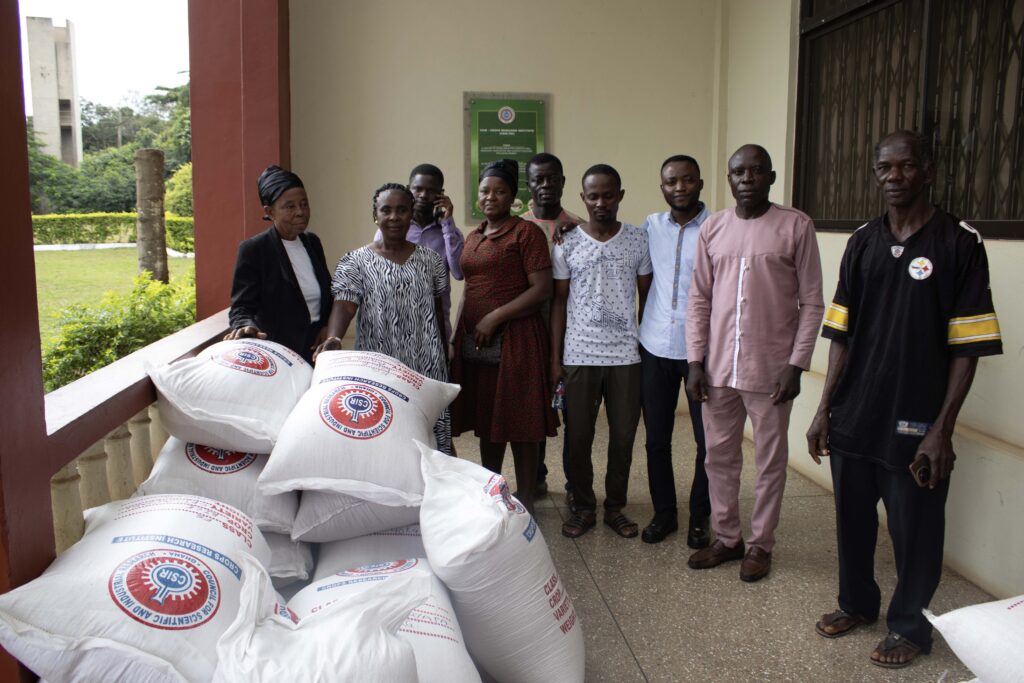
Dr. Jonas Osei-Adu, a consultant to CORAF, noted that the intervention is not just about food production, but about building resilience. He indicated that most of the selected seed growers had already benefitted from various training programmes in the past and as such the donation of foundation seeds was to support them in their ventures. He admonished the farmers to always cultivate fresh foundation seeds and not recycle seeds from previous seasons to ensure the purity of their seeds.
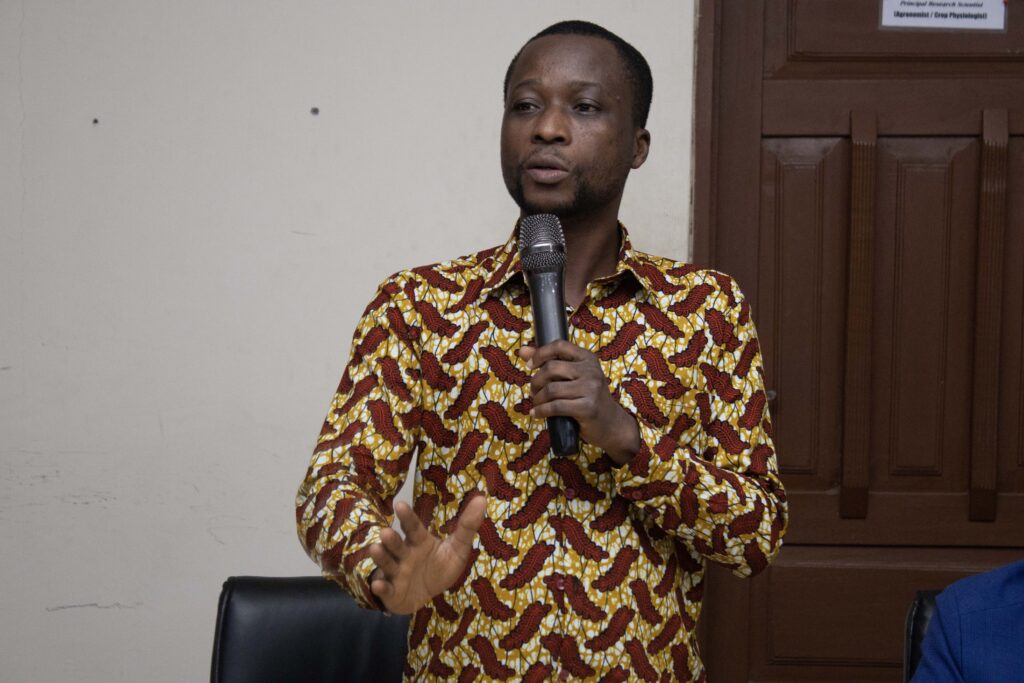
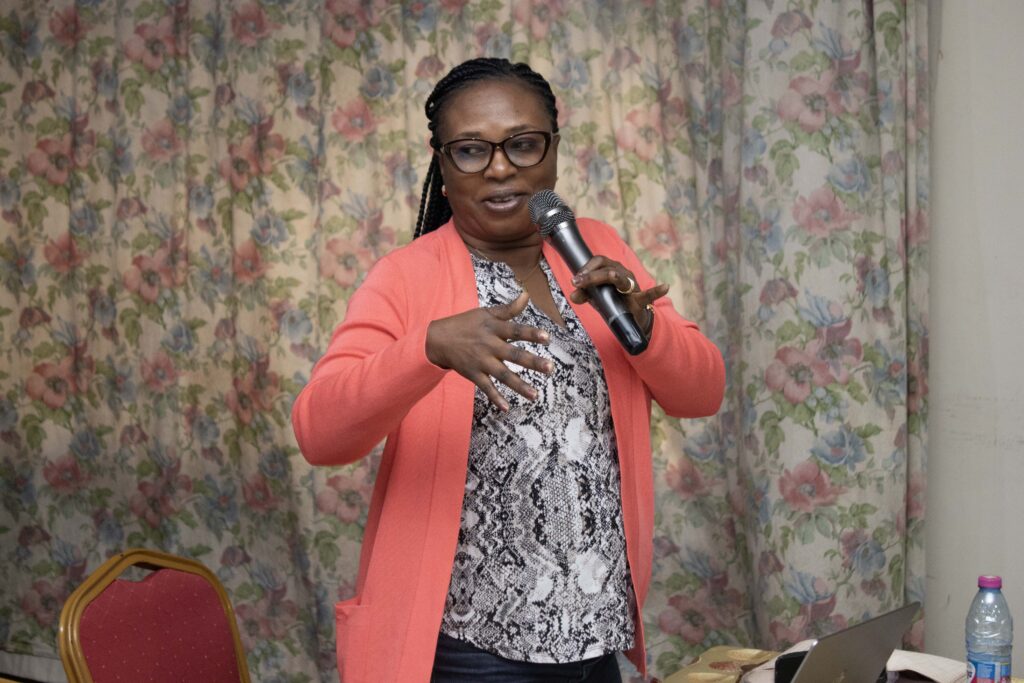
Strengthening Partnerships
The initiative forms part of CSIR-CRI’s broader efforts to collaborate with seed companies, and farmer-based organizations to strengthen Ghana’s seed system. Reliable access to foundation seeds has long been a challenge for many growers, limiting the scale of certified seed production and, ultimately, affecting farmers’ yields.
One beneficiary seed grower expressed gratitude for the intervention: “Access to foundation seeds has always been a bottleneck for us. This support from CSIR-CRI will enable us to multiply quality seeds and make them available to farmers in our communities. It means better harvests, more income, and improved food security.”
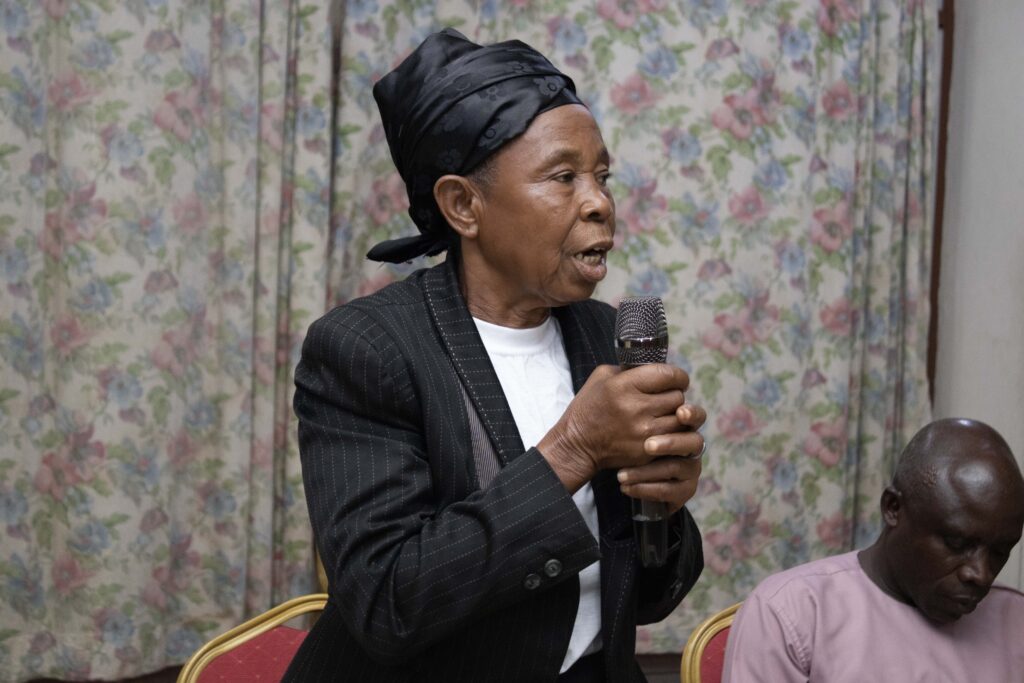
Supporting National Agricultural Goals
The supply of foundation seeds also aligns with national programs such as the Feed Ghana Initiative of the Government which prioritizes improved seed production as a driver of food self-sufficiency. Ghana currently spends significant resources on food imports—particularly rice—and strengthening domestic seed systems is seen as a critical step in reversing this trend.
CSIR-CRI has assured stakeholders of its continuous commitment to developing and disseminating improved crop varieties, while building the capacity of seed growers and farmer groups. With strong research, partnerships, and policy support, Ghana’s dream of becoming self-sufficient in key staple crops is within reach. The distribution of foundation seeds is, therefore, not just a one-time exercise, but a long-term investment in the future of Ghana’s agriculture.
Authors: Bernard Sakyiamah. Enoch Bobie Agyemang, Dennis Gyasi Boakye
